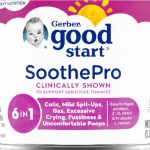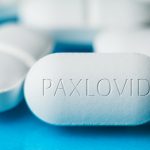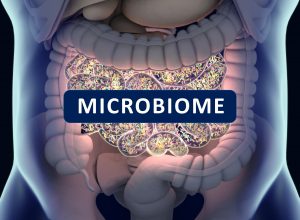
Perrigo Co., which makes Gerber Good Start SootheProTM Powdered Infant Formula, has recalled the product over concerns about contamination with a potentially dangerous bacteria. Cronobacter sakazakii was possibly present between Jan. 2 and Jan. 18 at the company’s Gateway Eau Claire, Wisc., manufacturing facility. No distributed products have tested positive for the bacteria. No one has reported adverse events, the company added in a news release. No other products made by the company are affected by the recall at this plant or other Perrigo facilities. The recall is being made voluntarily in consultation with the U.S. Food and Drug Administration. Just last month, infant formula manufacturer Reckitt recalled 145,000 cans of Enfamil ProSobee formula because of possible contamination with C. sakazakii bacteria. And that recall followed an infant formula shortage last year that was prompted by Abbott Nutrition’s closing of its Michigan plant. That closing was necessitated after four infants fell ill and two died after consuming powdered infant formula made at the plant. However, genetic testing later found the bacteria discovered at the plant did not match the bacteria related to the infant cases. With the Gerber infant formula recall, anyone who purchased the product after March 5 should look for the lot codes and “use by” dates involved in the recall on the items they purchased, the company said. Those can be found… read on > read on >






































